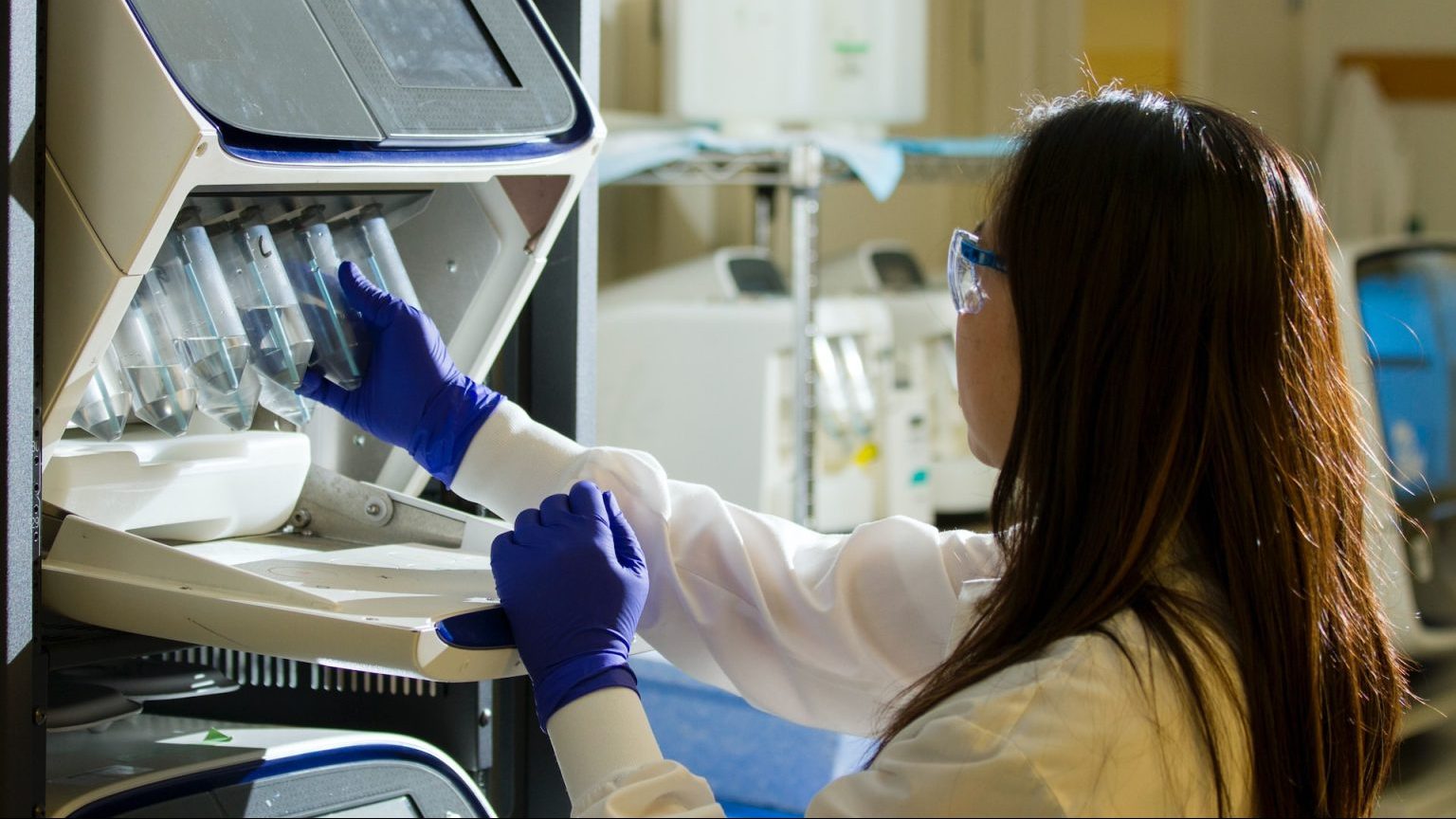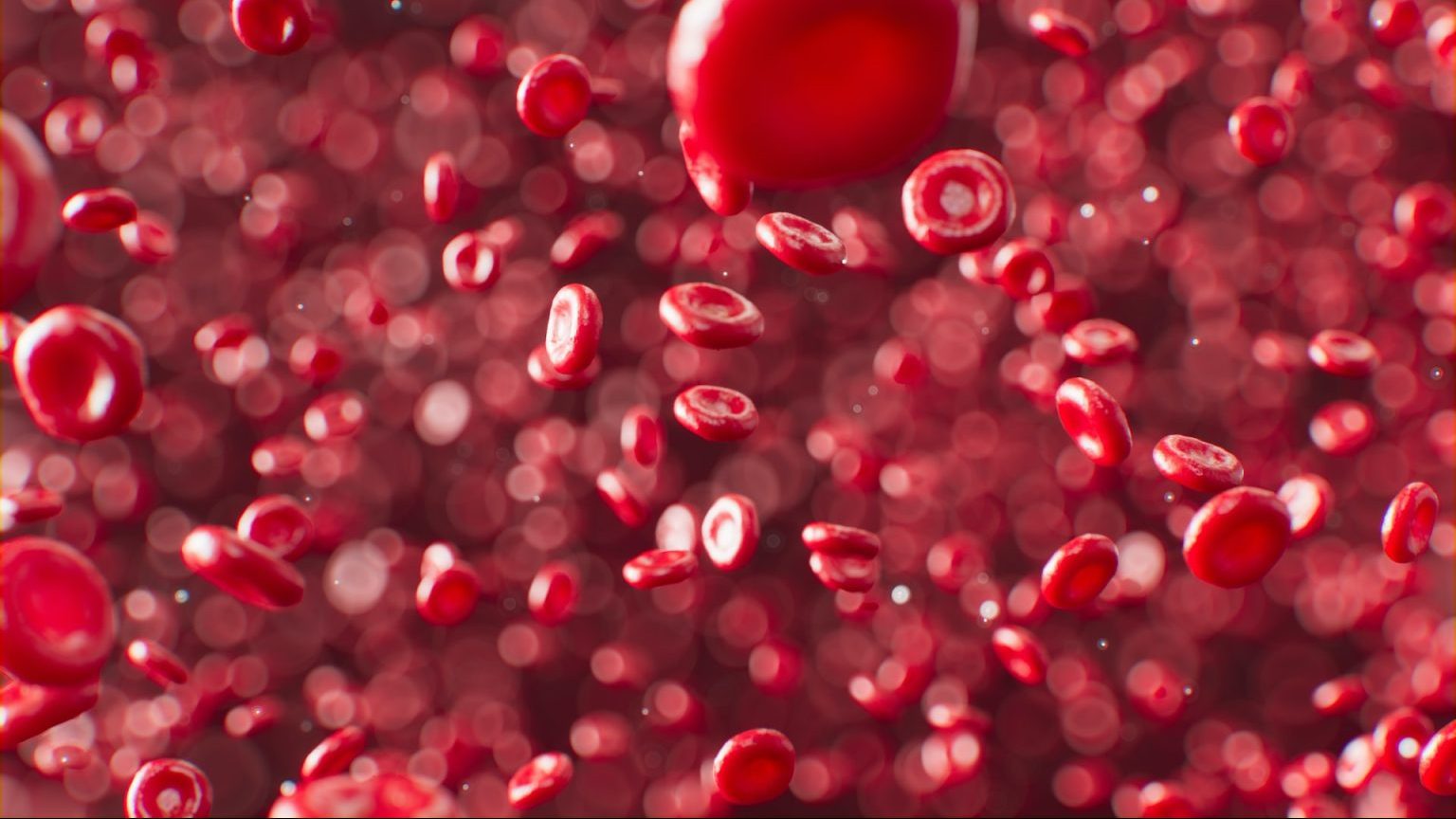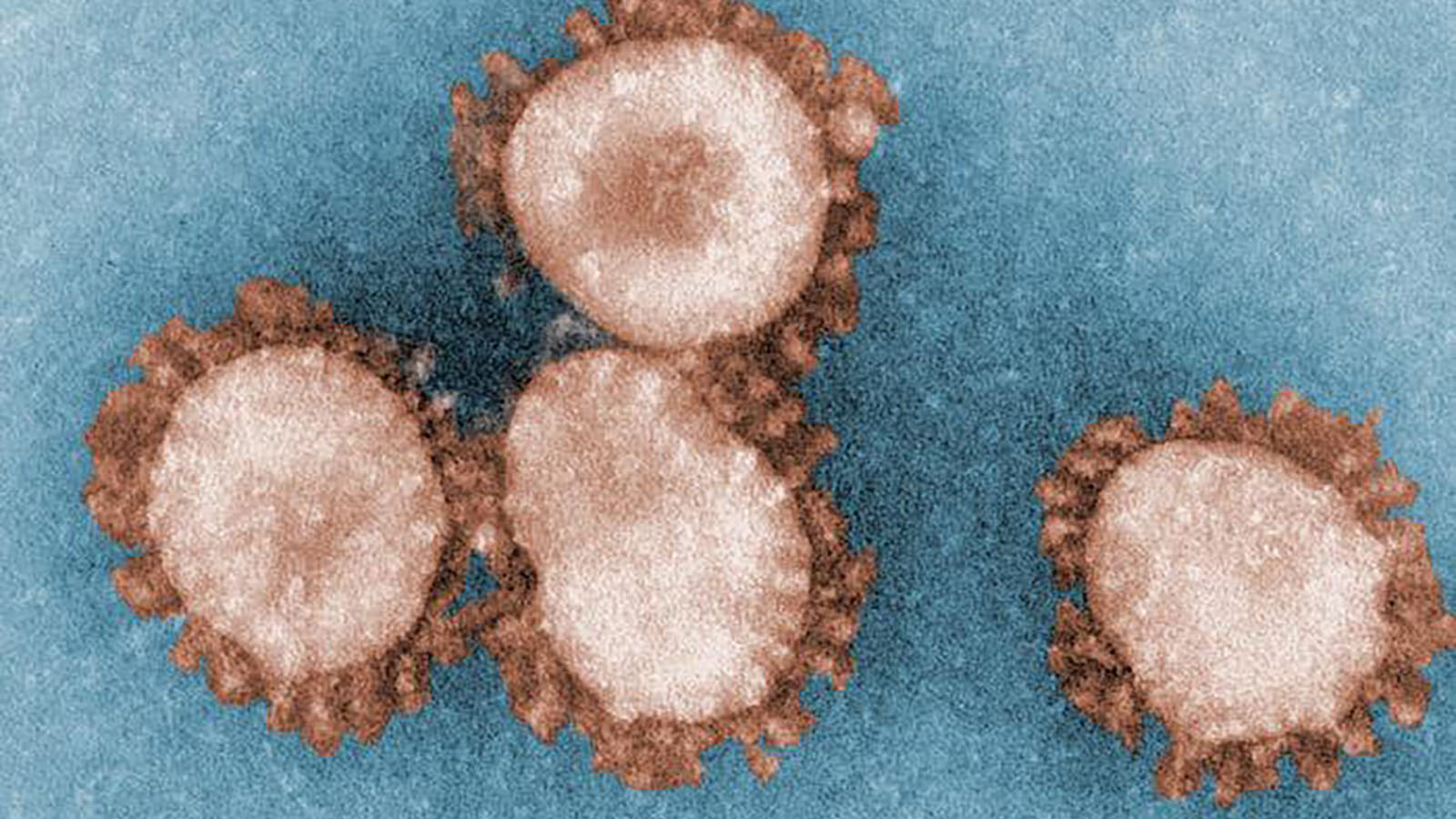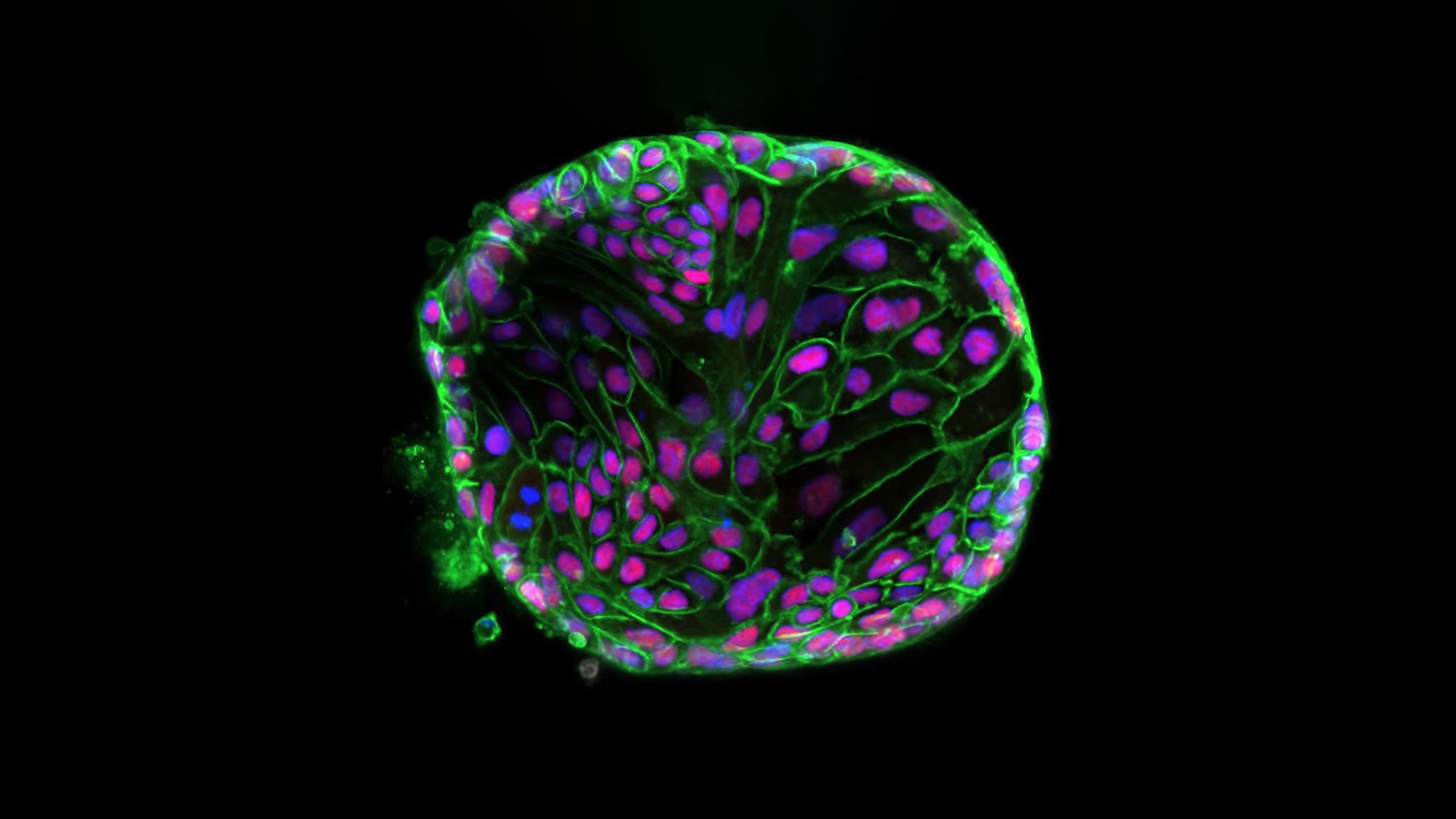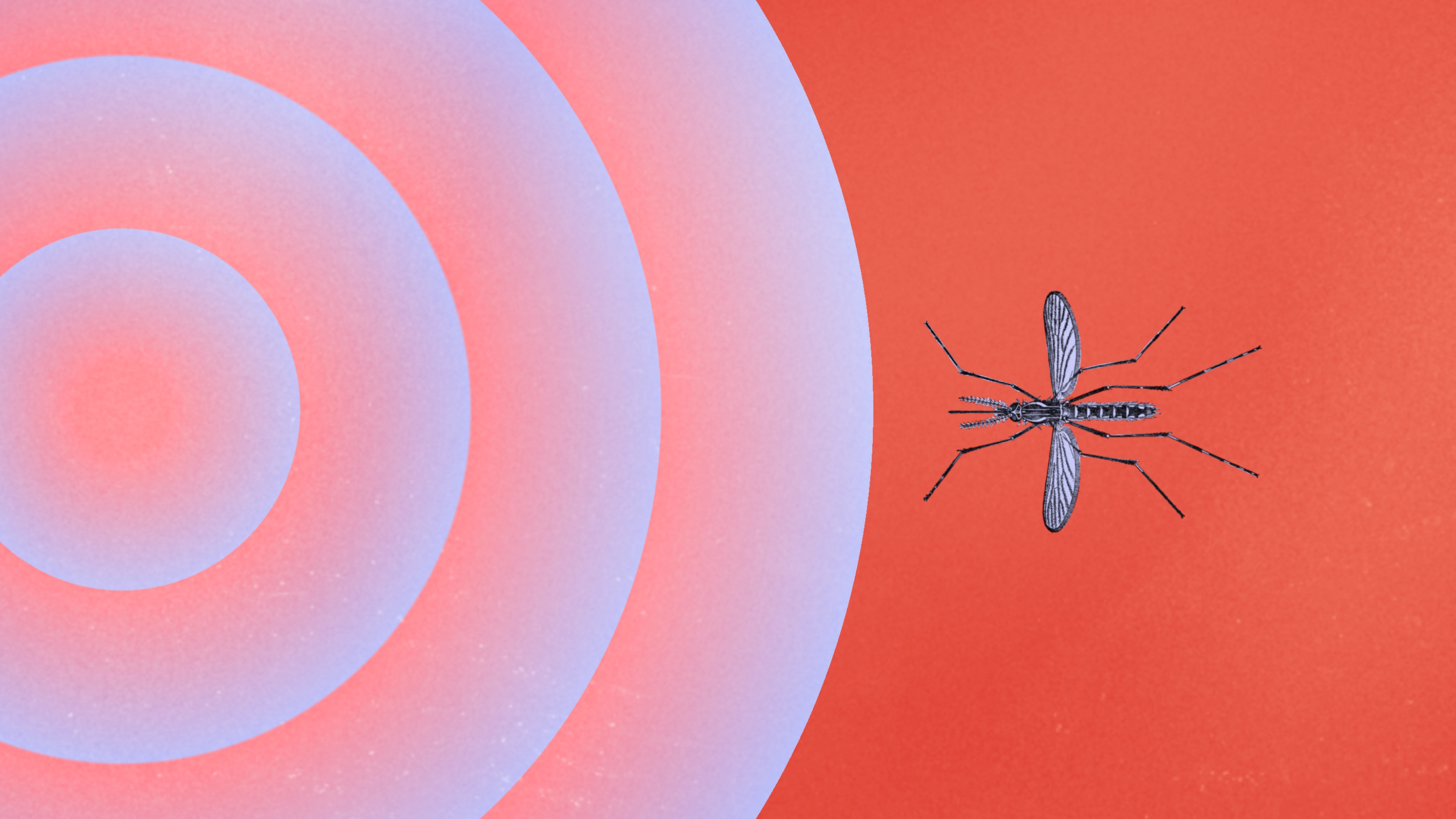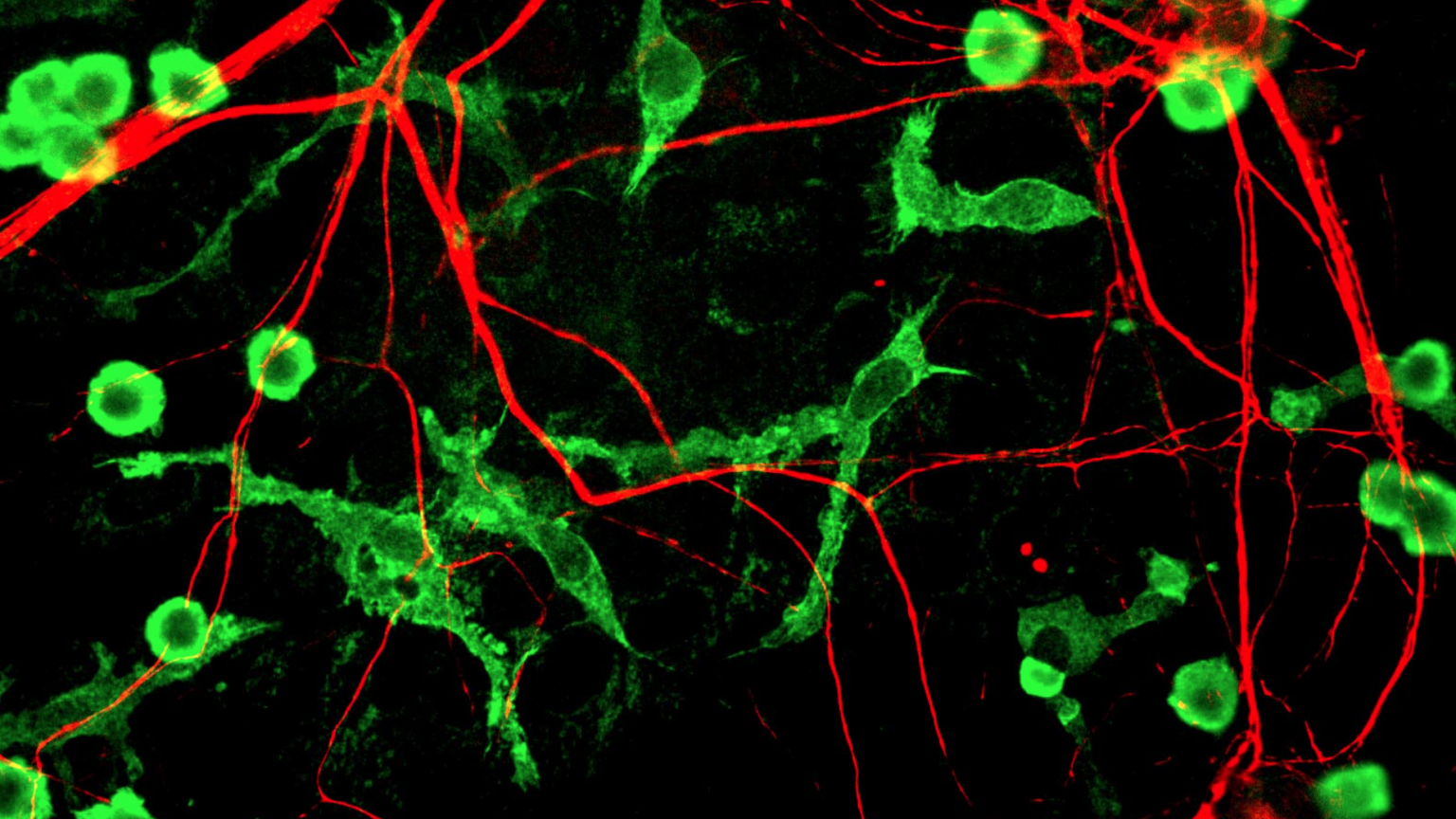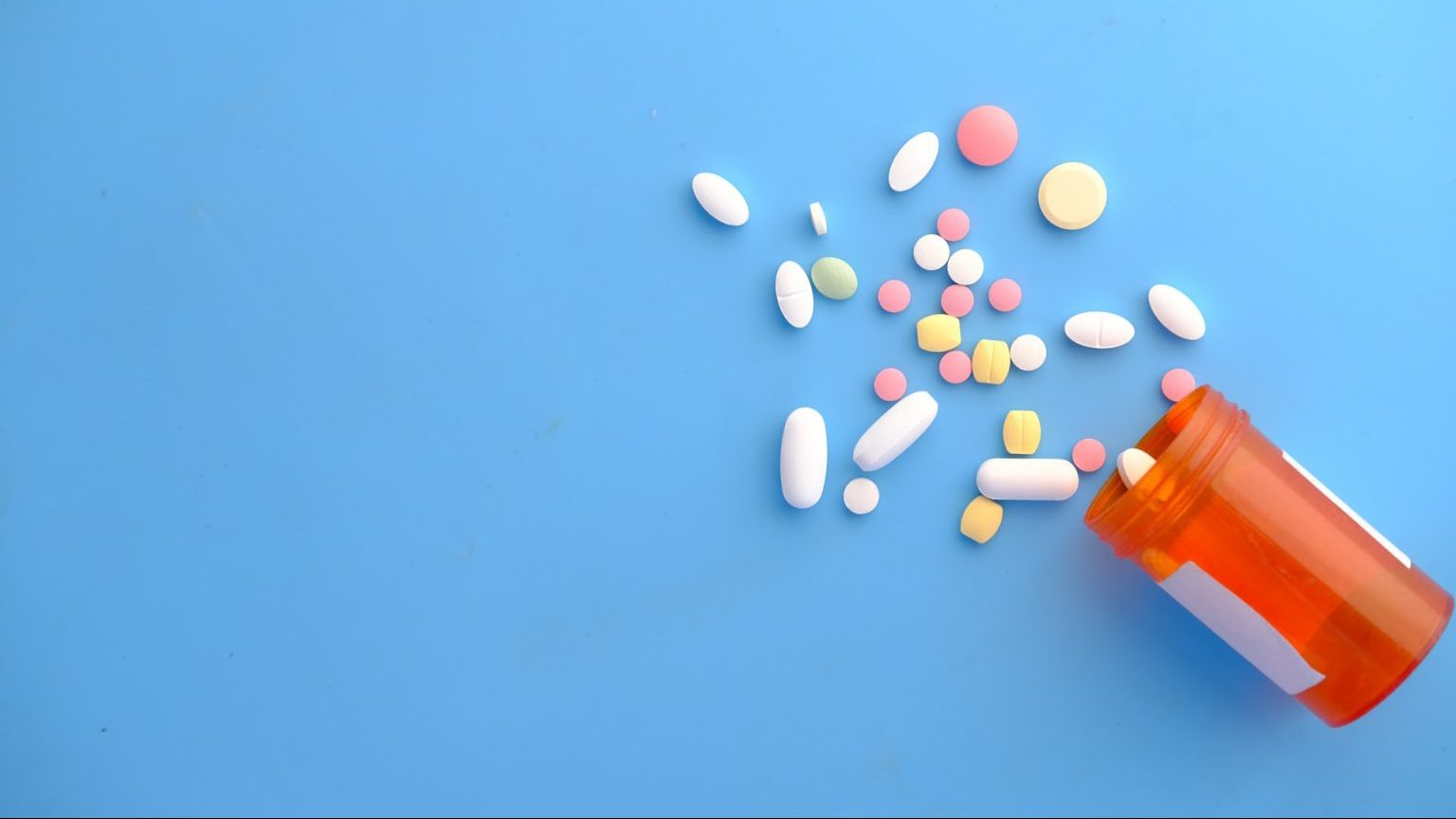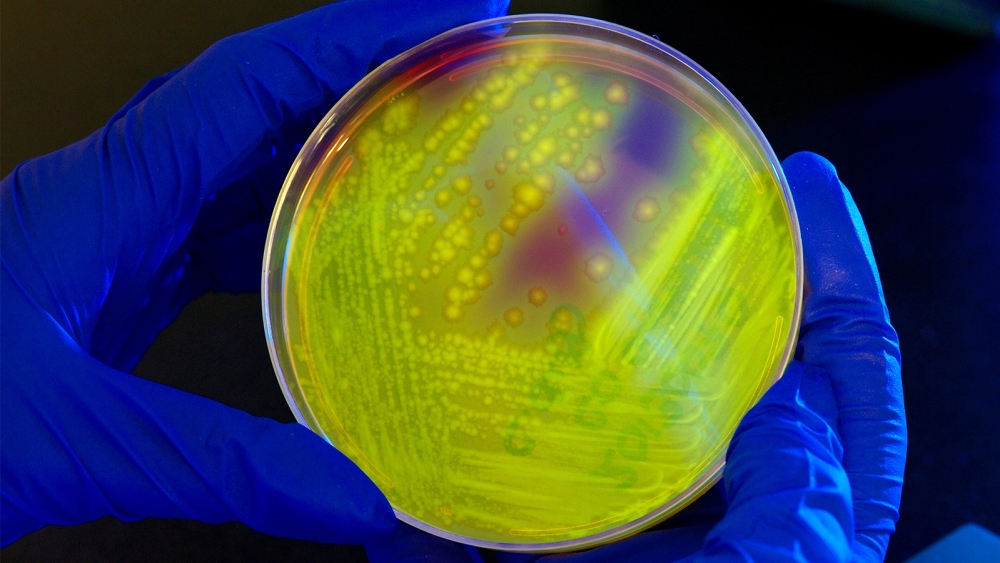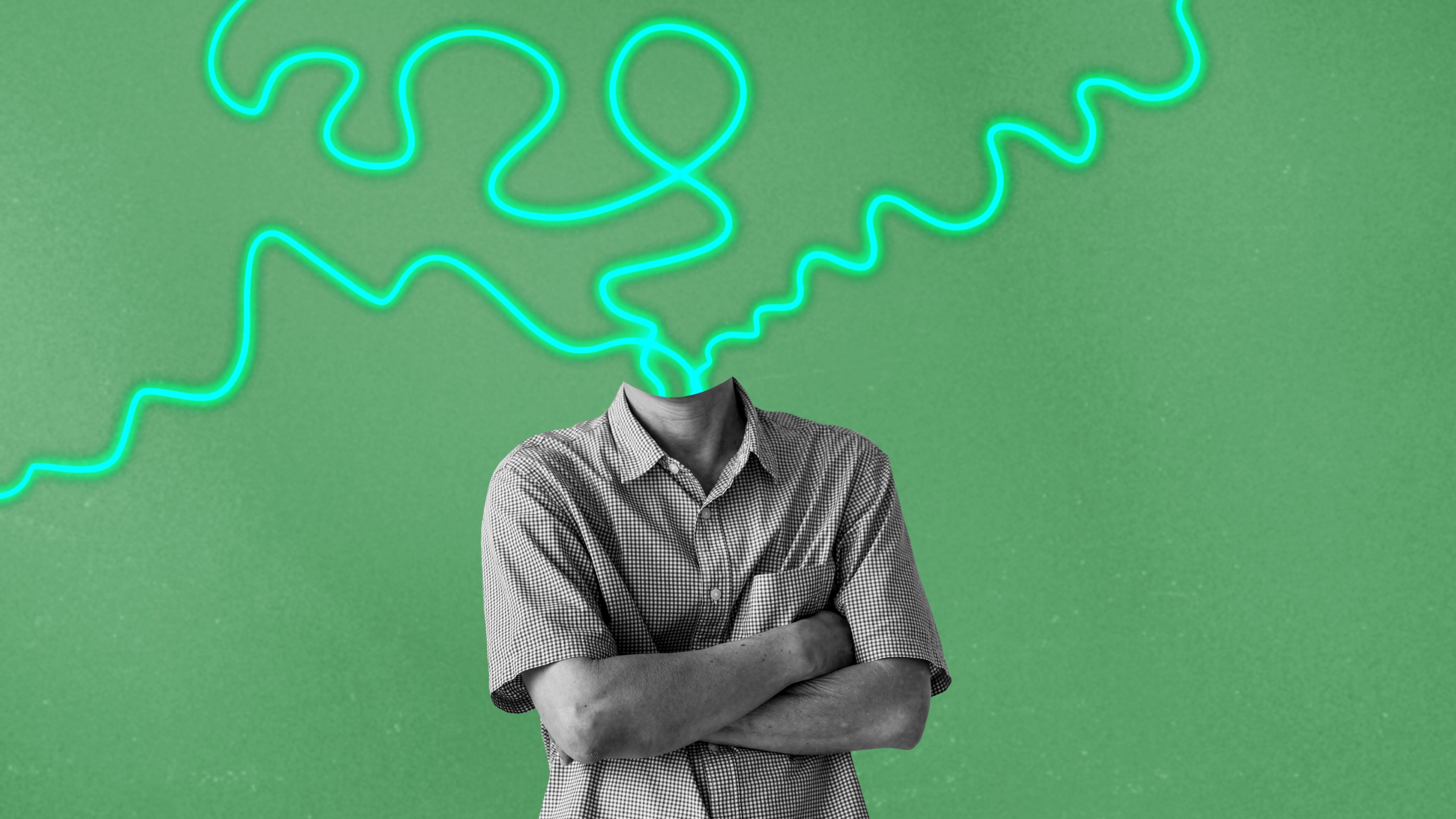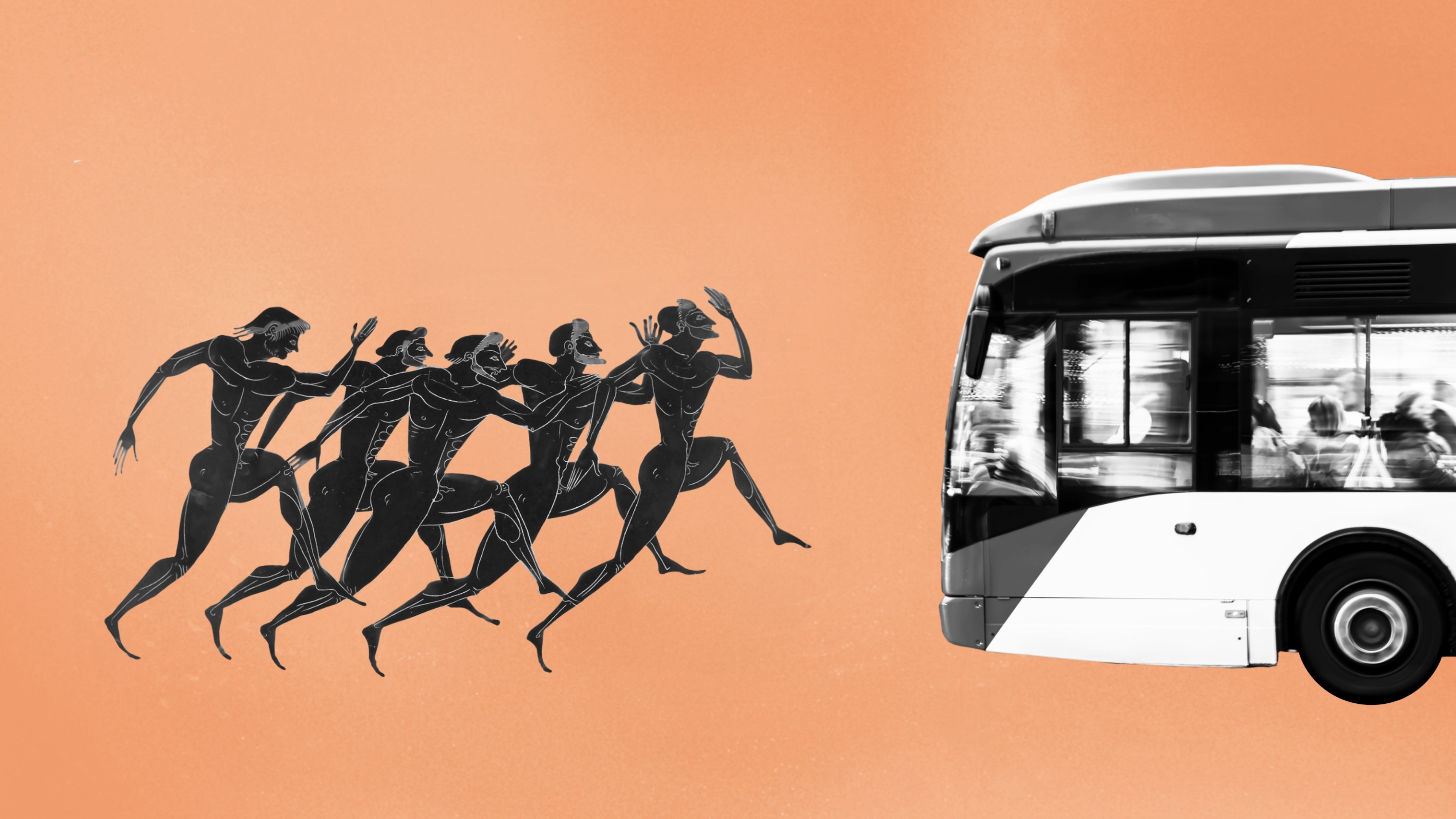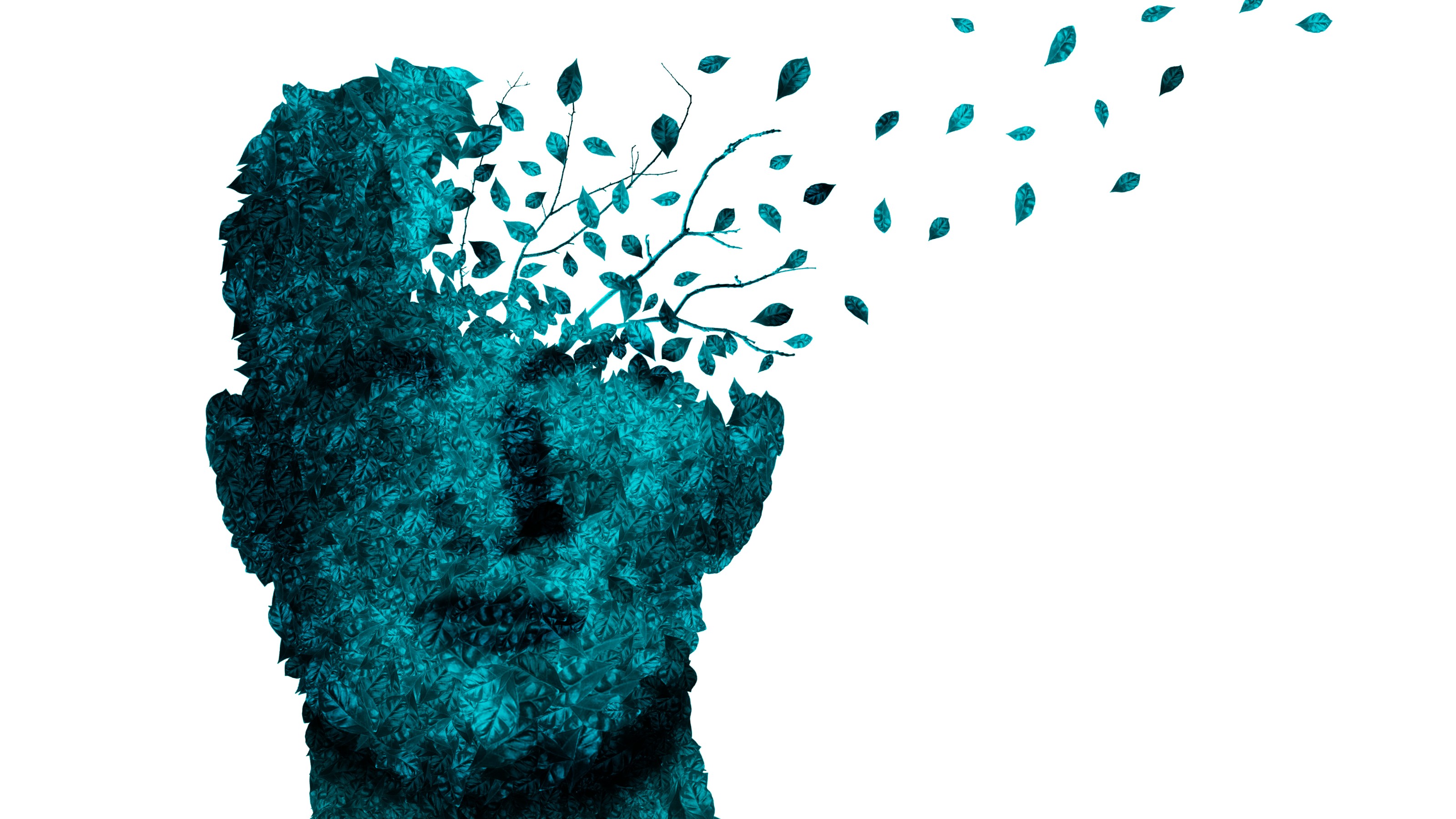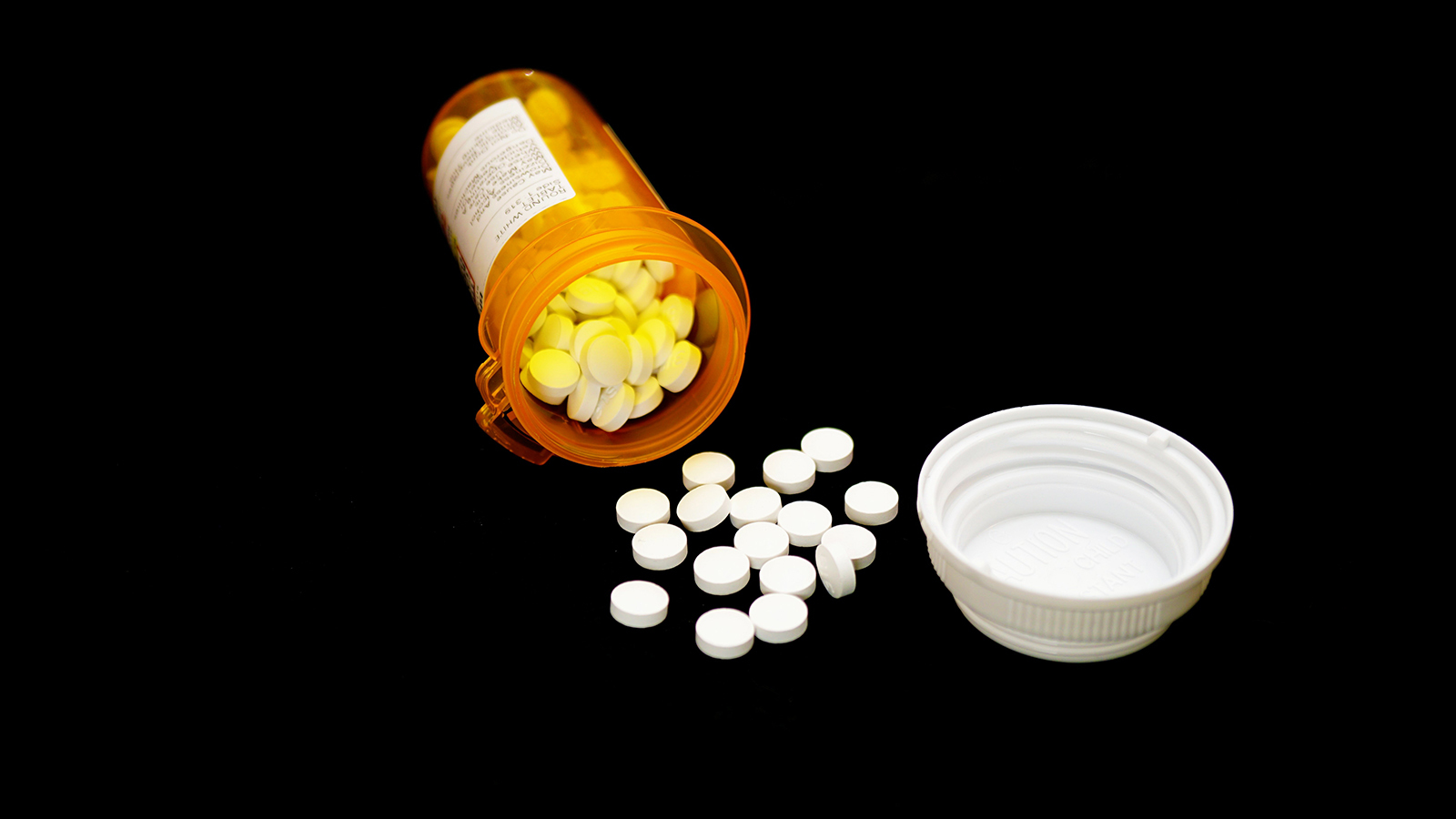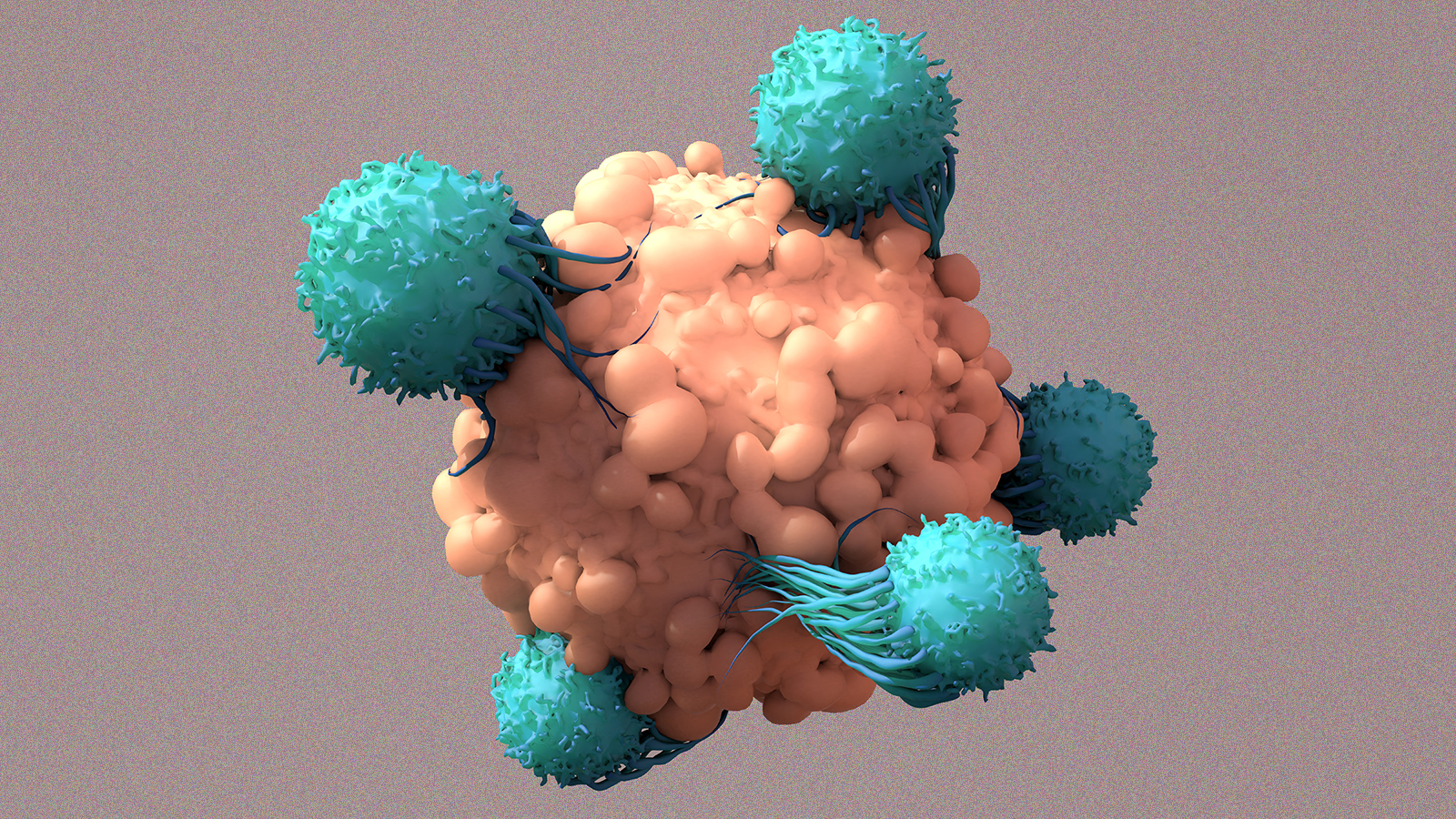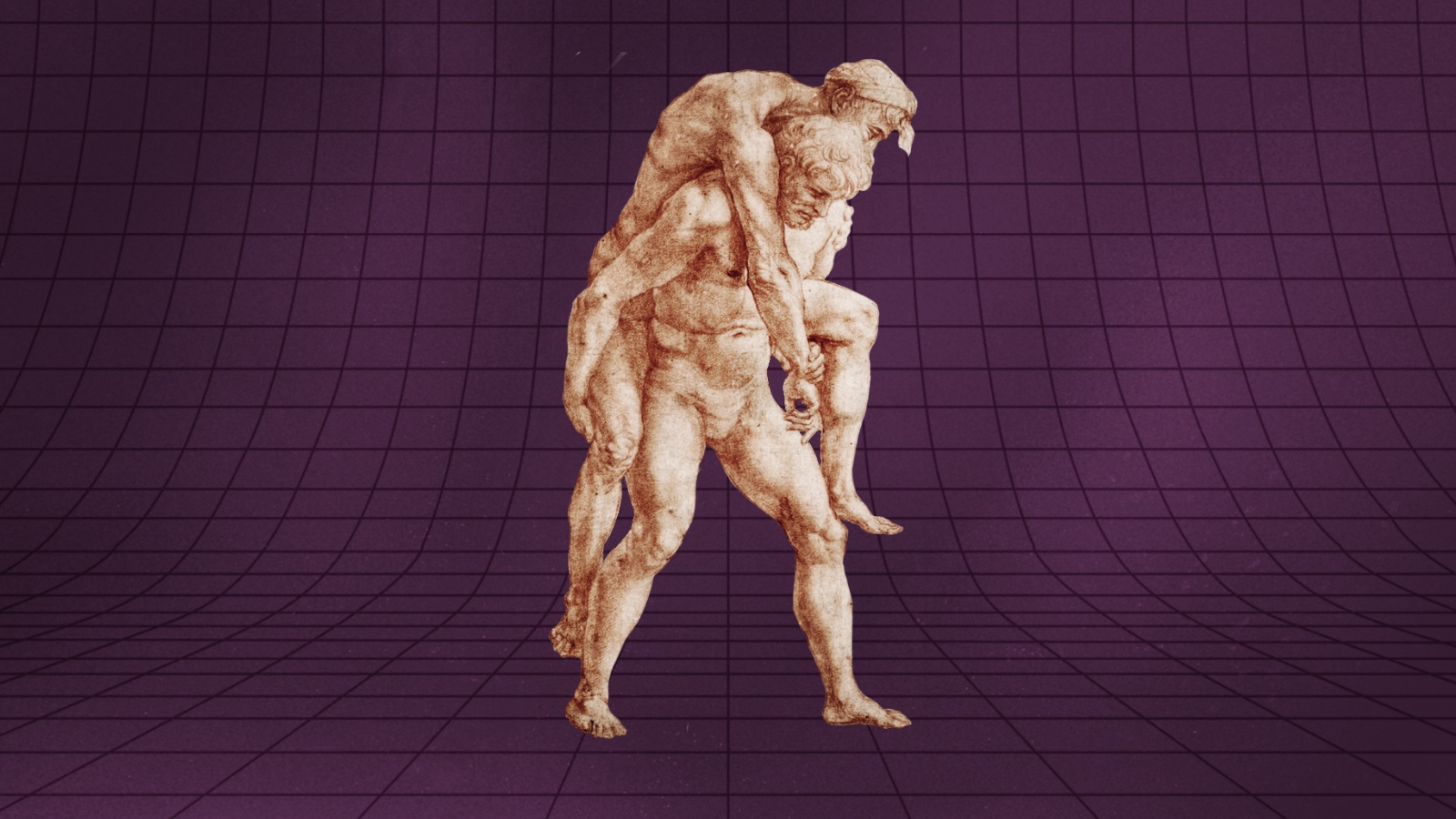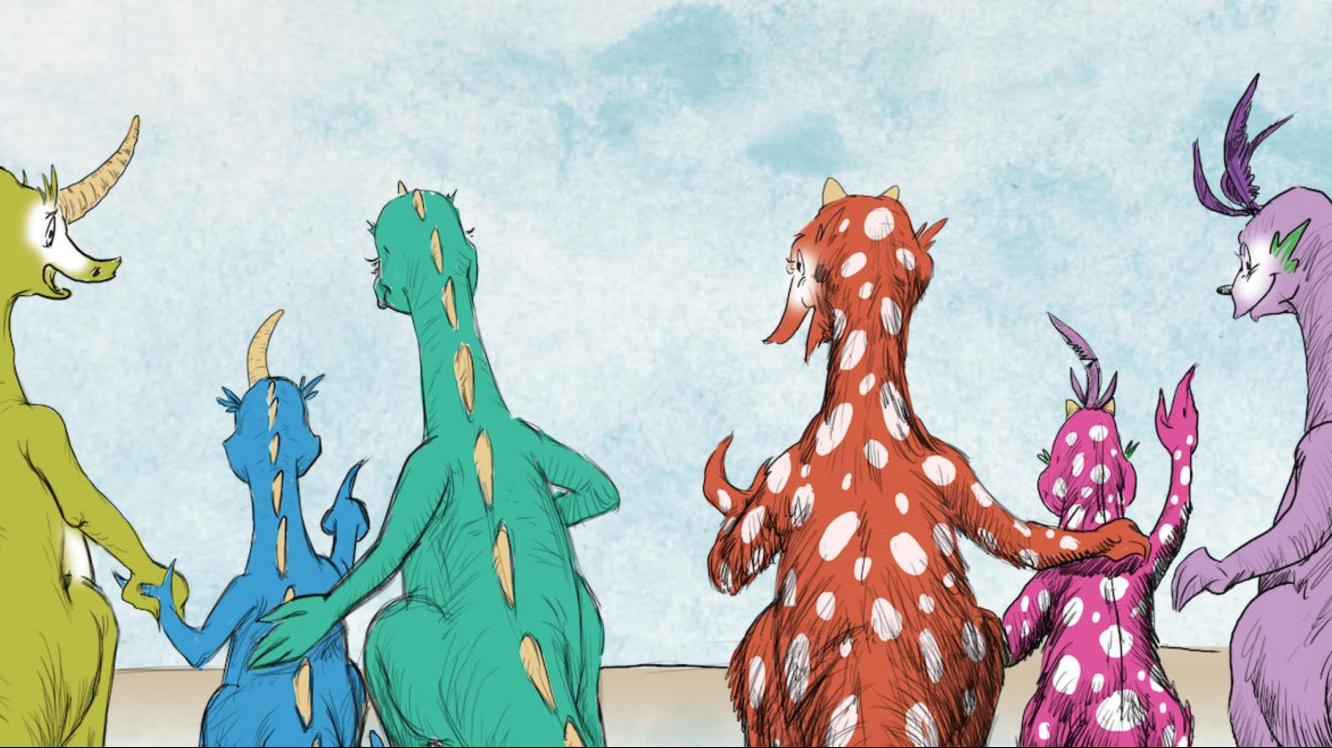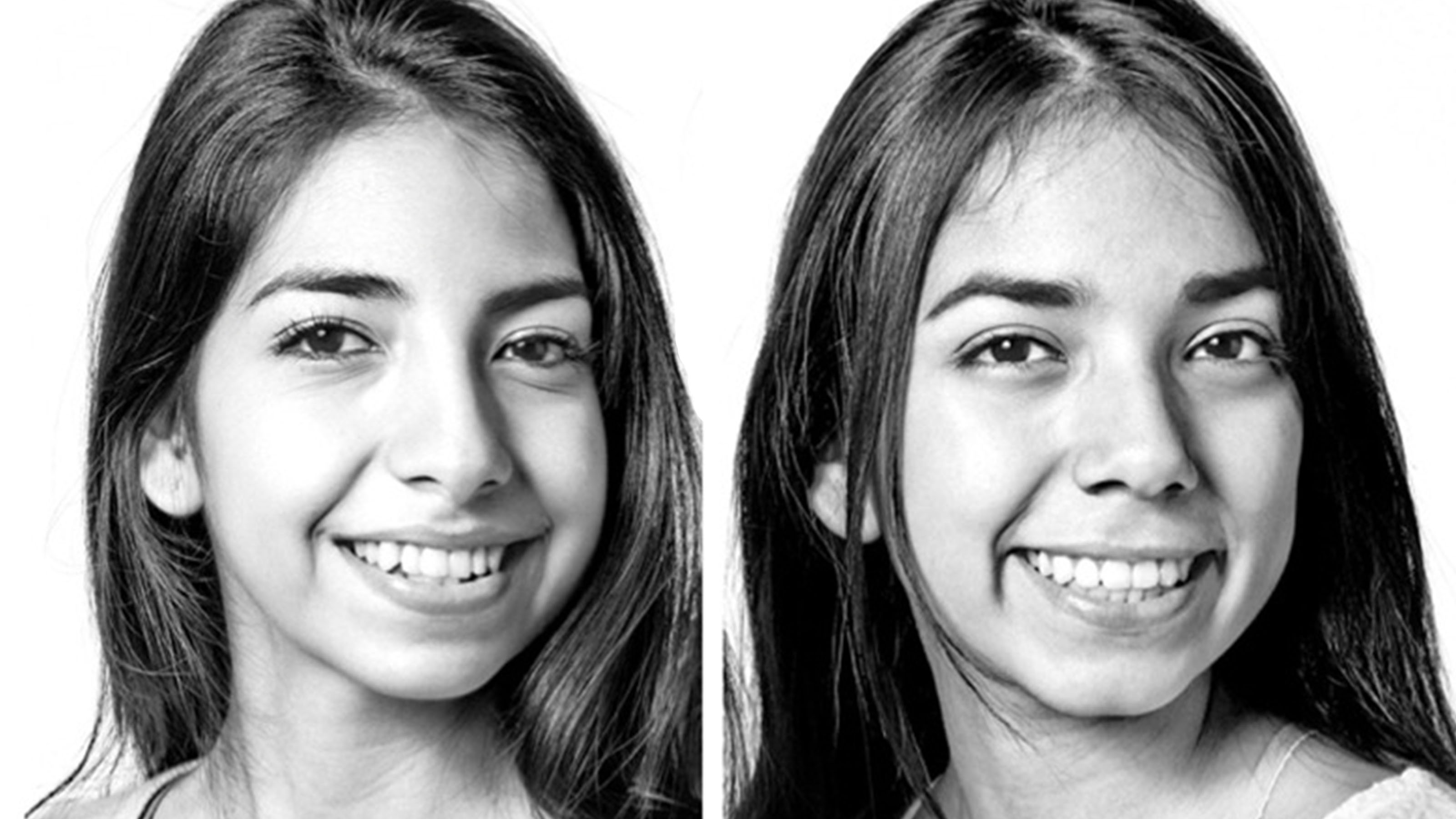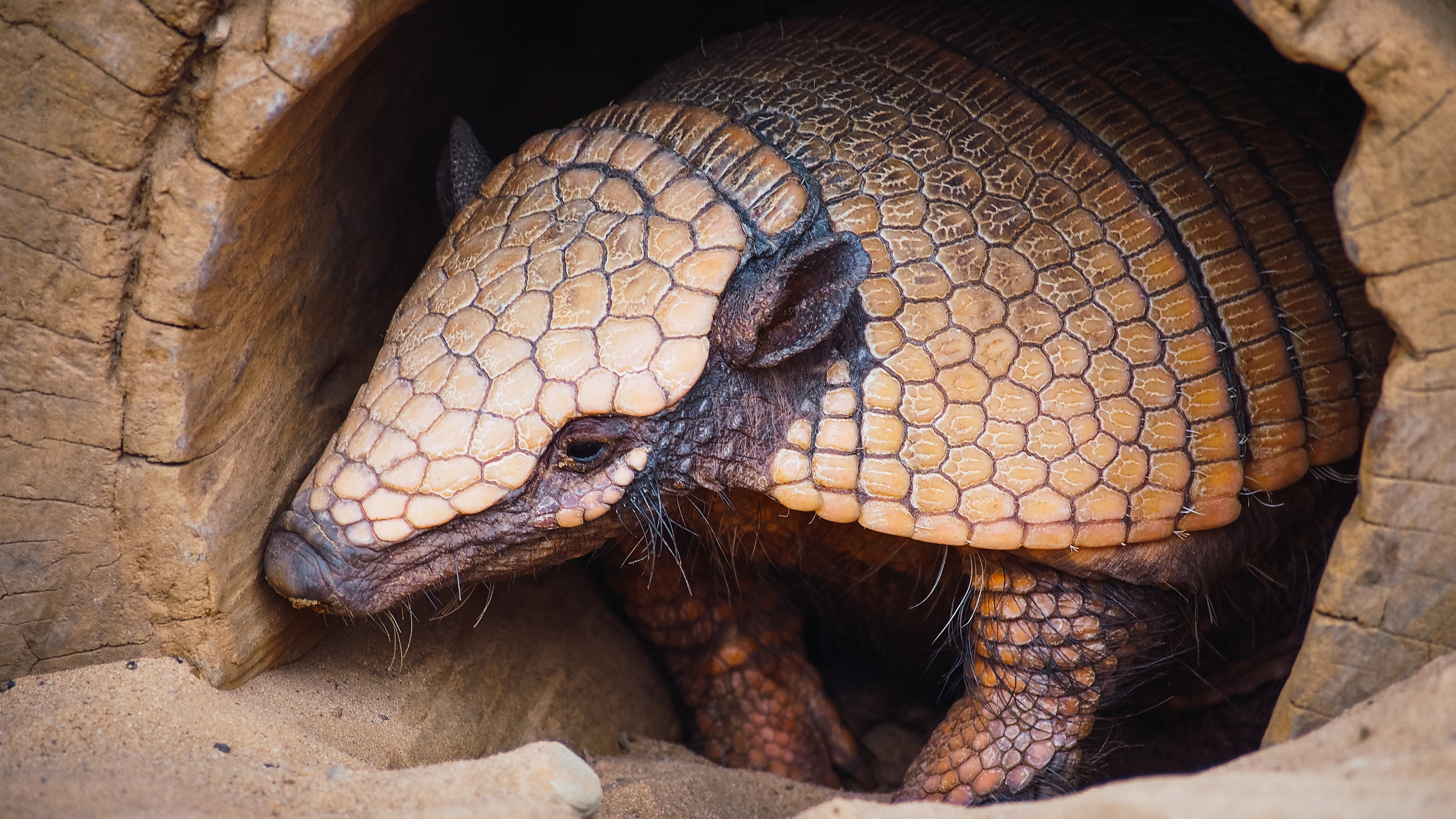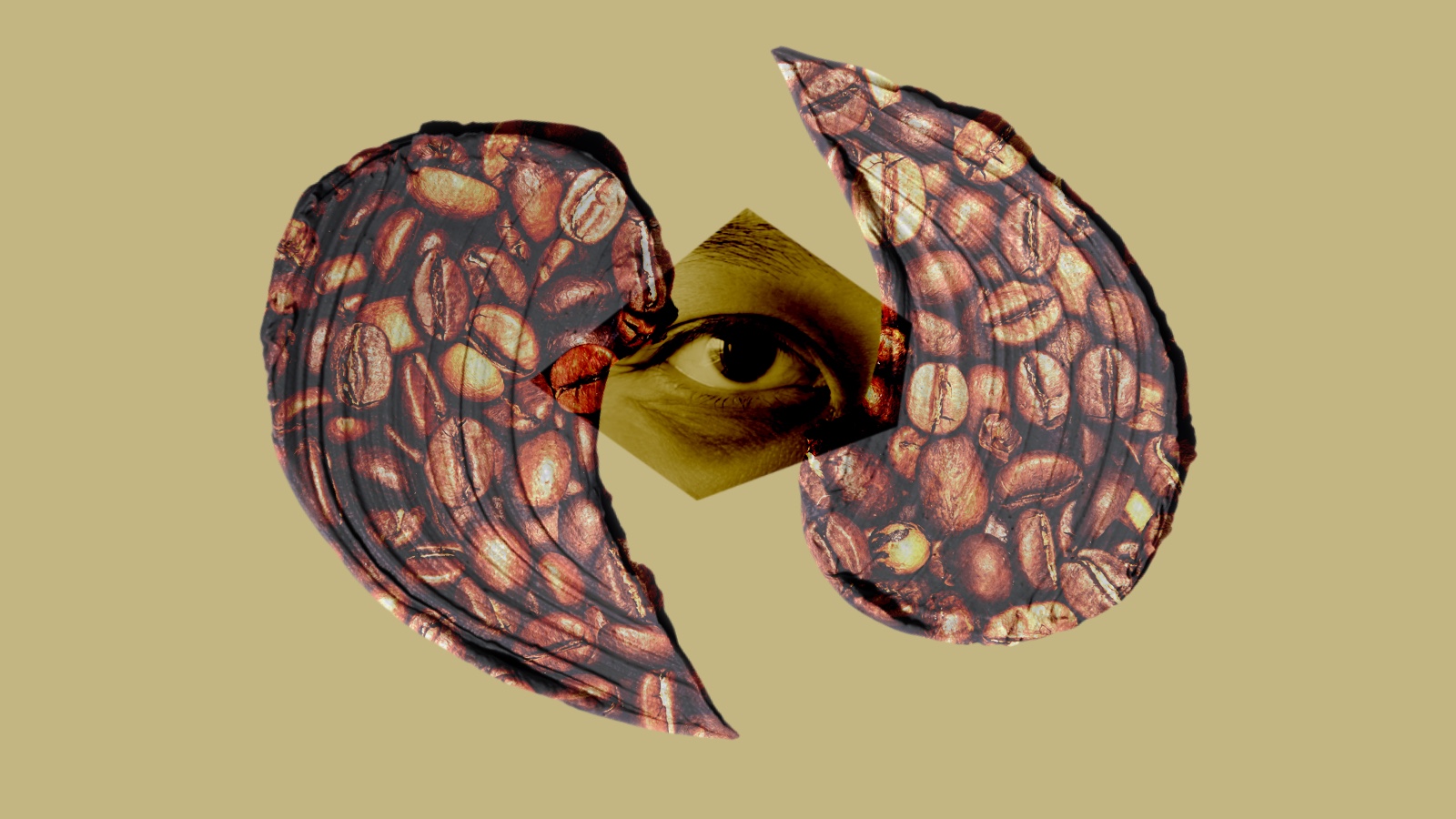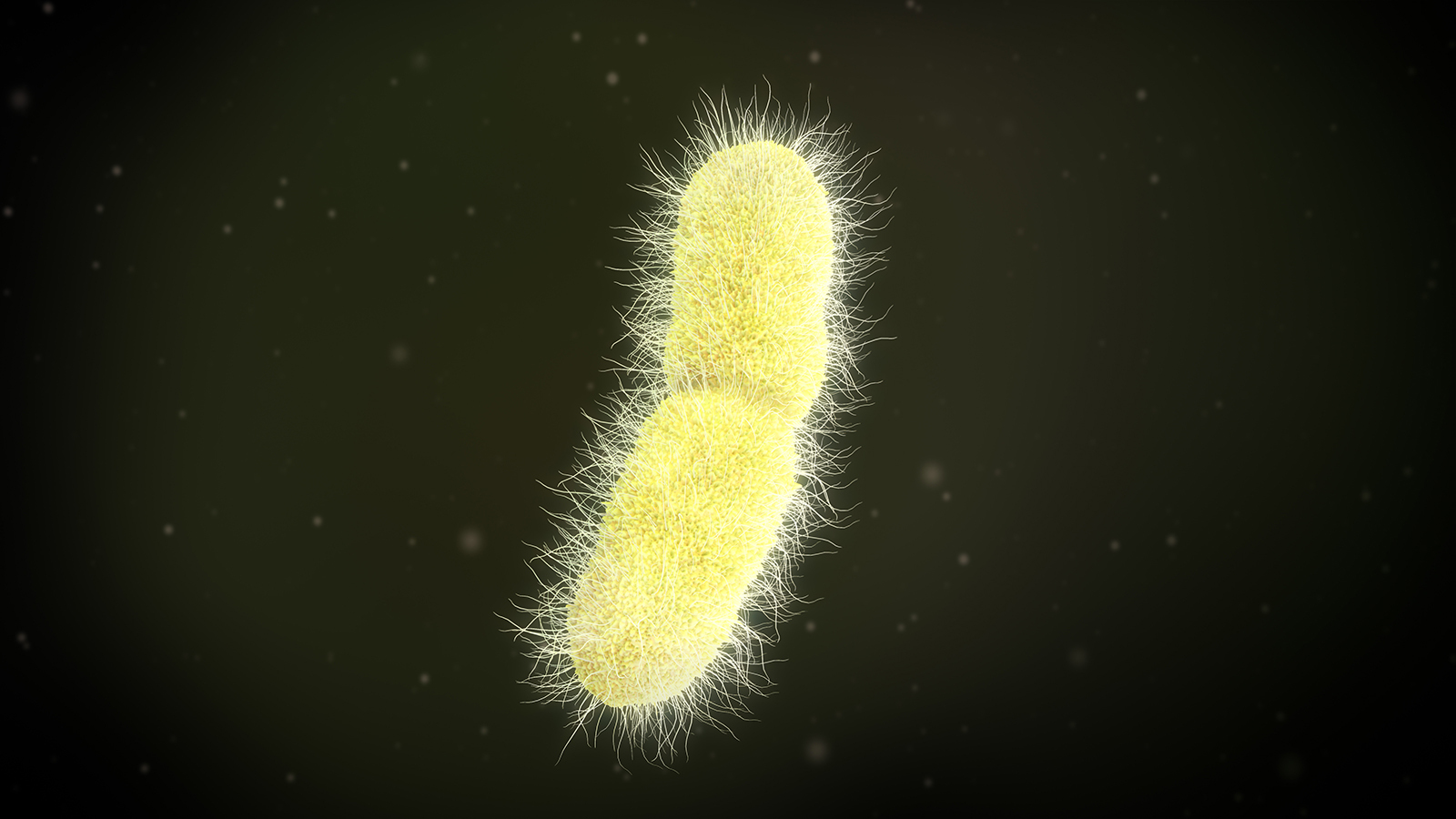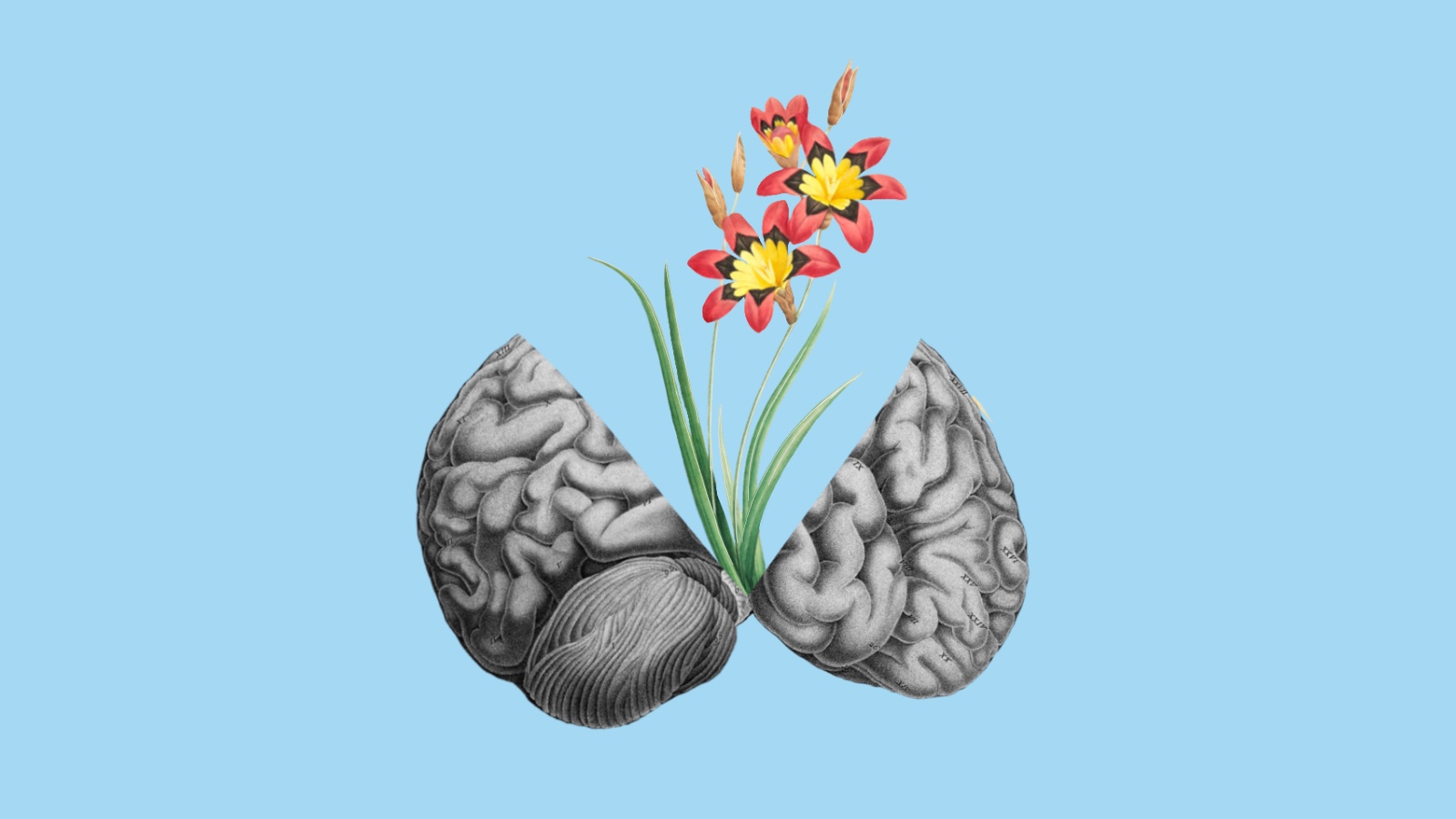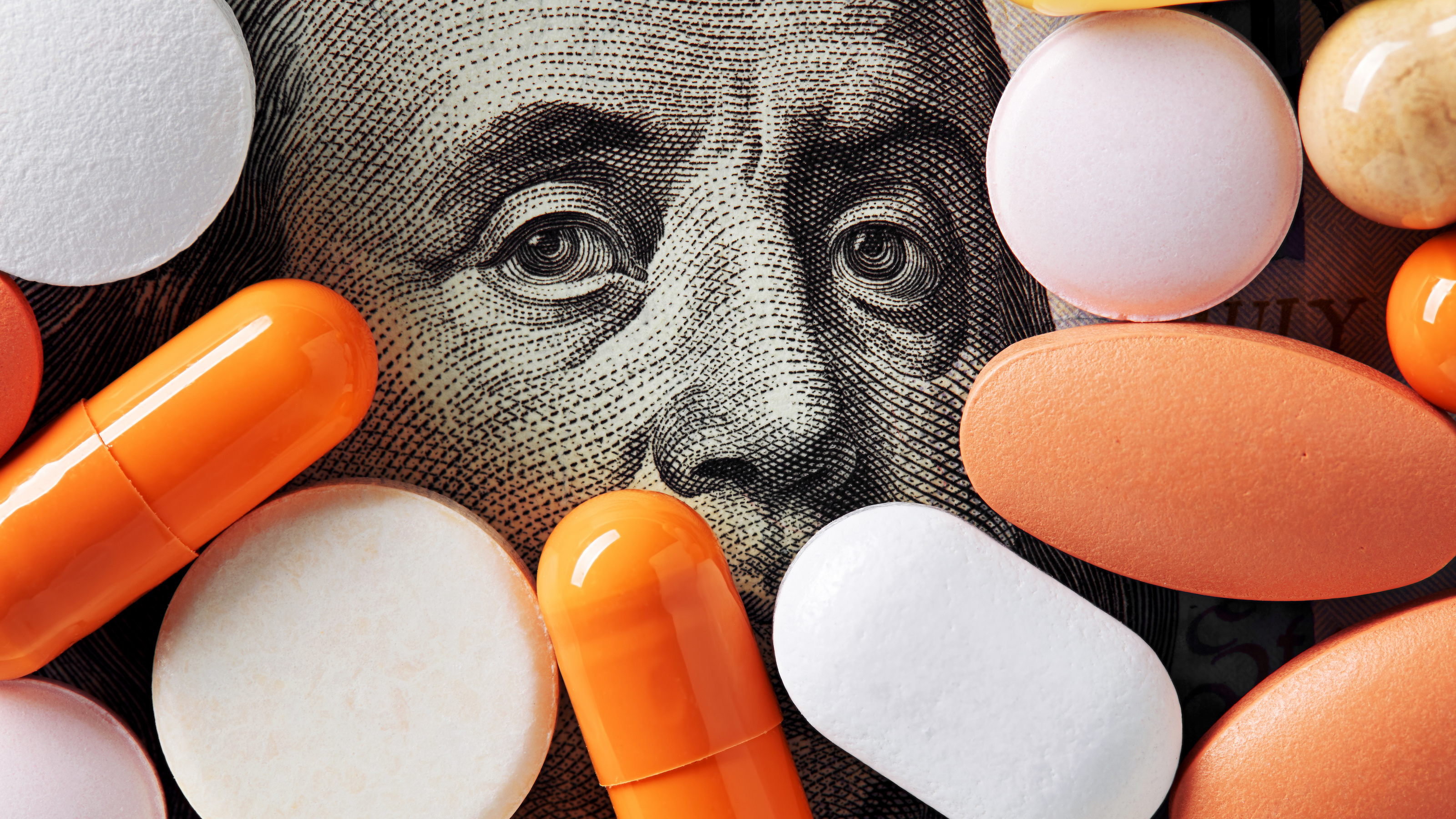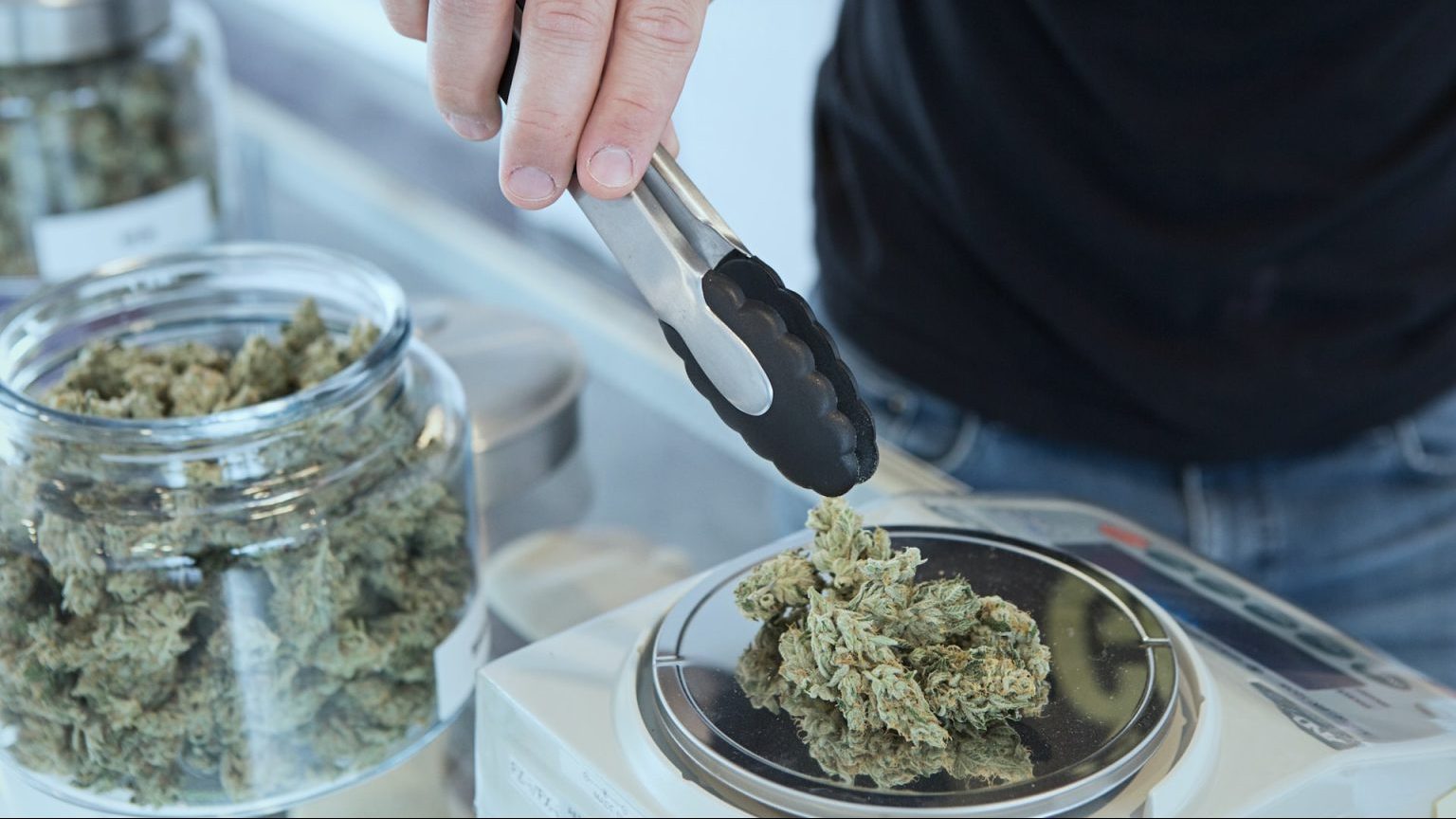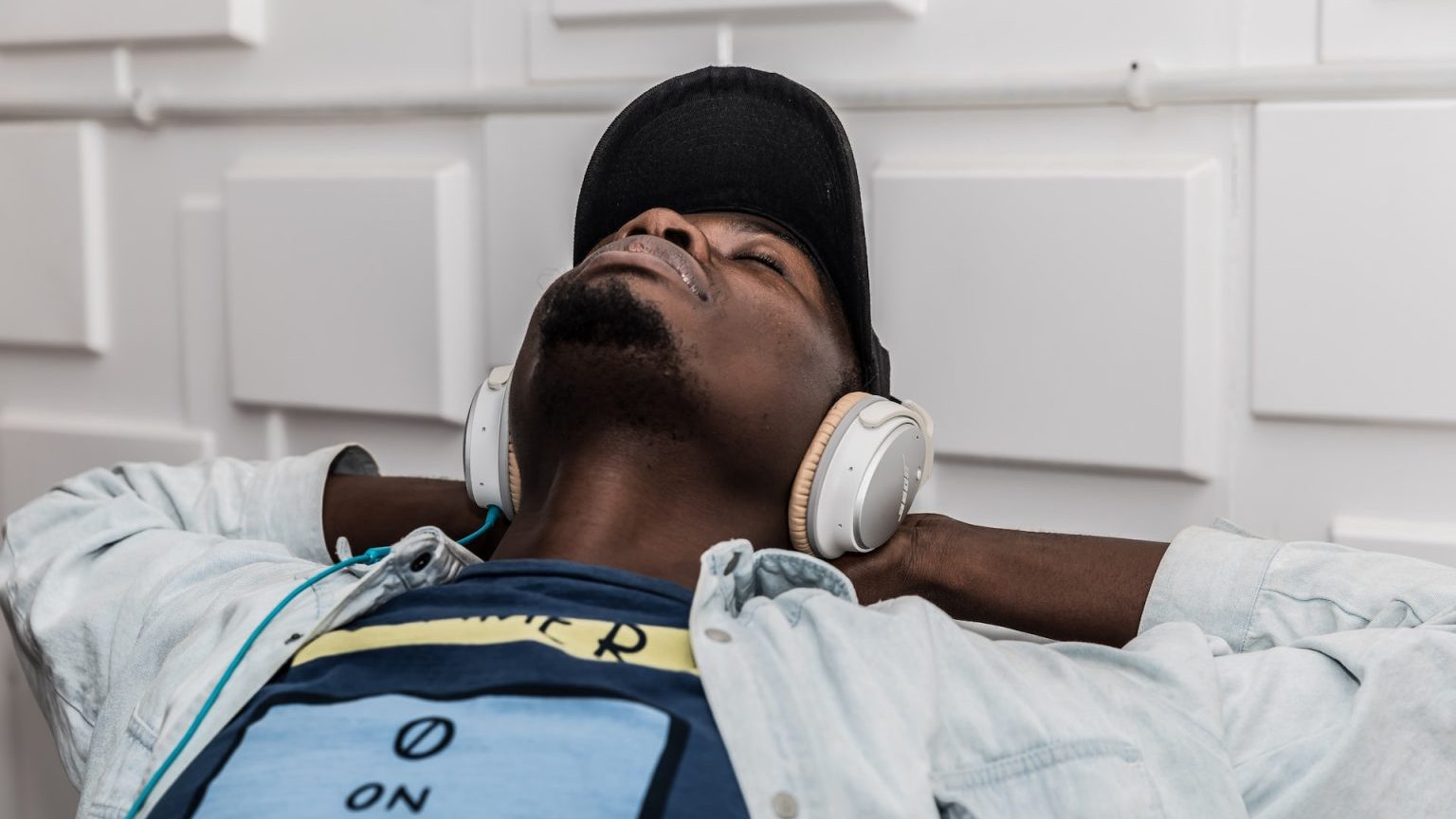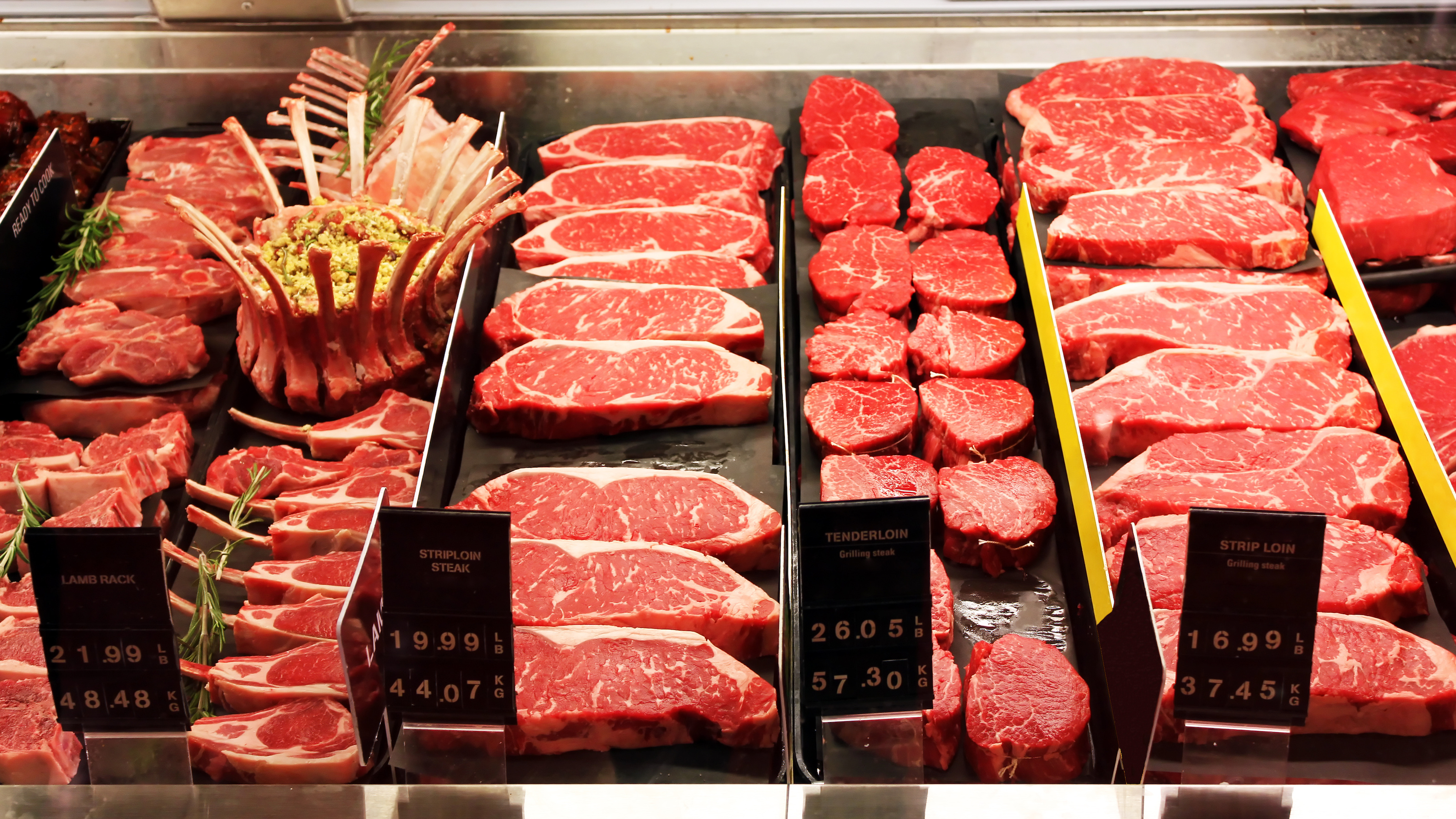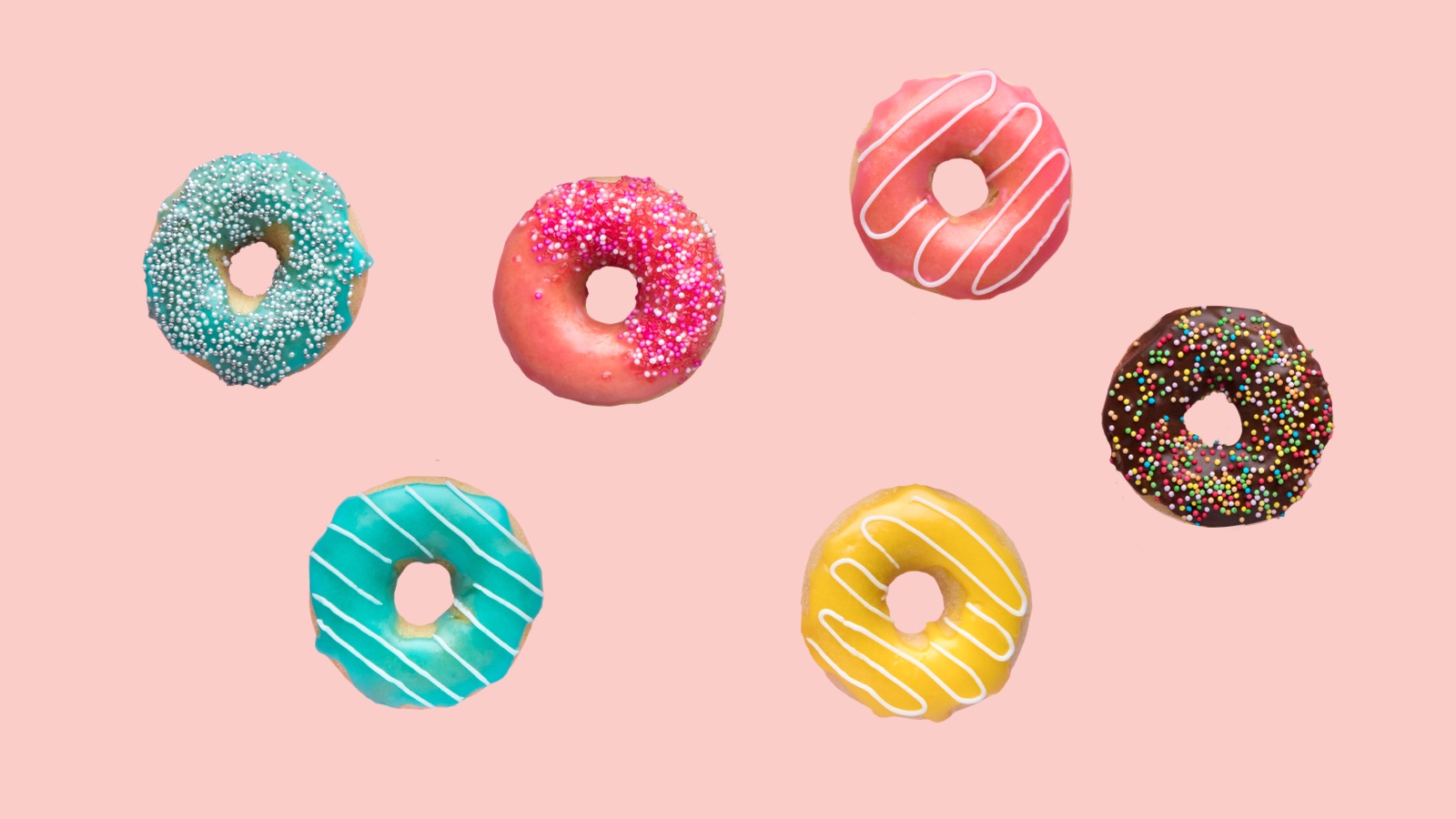Health
All Stories
Denmark’s 10 Jante Laws are grim, and yet they bring so much happiness.
Only recently have scientists directly witnessed this most pivotal of events in biology.
What if you could just grow your own blood?
Of the world’s 300 honey varieties, none is stranger and more dangerous than mad honey.
A new drug inhibits a human enzyme that coronaviruses hijack in order to replicate.
A vitamin that makes your body repellent to mosquitos sounds too good to be true, because it is.
How could we fight Alzheimer’s with the body’s own immunity?
The placebo effect is real. So are the ethical conundrums posed by those who would exploit the latest research advances for profit.
The prescription poop can correct life-threatening bacterial imbalances in the gut.
Running to catch the bus might help you live longer.
A recent study reveals how nerve insulation becomes impaired in the brains of Alzheimer’s patients.
In an animal study, it blocked the drug from crossing into the brain.
This small phase 1 study suggests that CRISPR-engineered T cells are safe and potentially effective, but there is a long way to go.
Becoming less physically active as you get older is not inevitable.
Virtually all the statistical methods researchers commonly use assume potential mating partners decide who they will have children with based on a roll of the dice.
The genes responsible for facial features may also influence behavior.
Mycobacterium leprae, the bacteria that cause leprosy, have the surprising ability to grow and reverse aging in armadillo livers.
Caffeine does something, but it’s not clear exactly what.
It weakens the bacteria so that the immune system can destroy it.
The potential new drug is in a class of its own, as it works differently than any other antidepressant on the market.
If everyone just showed up to their appointments, $150 billion of waste could be averted.
The cannabis plant produces both THC – the psychoactive component in marijuana – and the compound commonly known as CBD, which does not lead to a “high.”
Three years after the pandemic began, we still don’t know the origin of COVID. A strange lack of curiosity has stifled the debate.
Brown noise, the better-known white noise, and even pink noise are all sonic hues.
Years of shoddy research have overstated the risk.
A new study concludes that eating more carbohydrates reduces a person’s risk of major depressive disorder.

